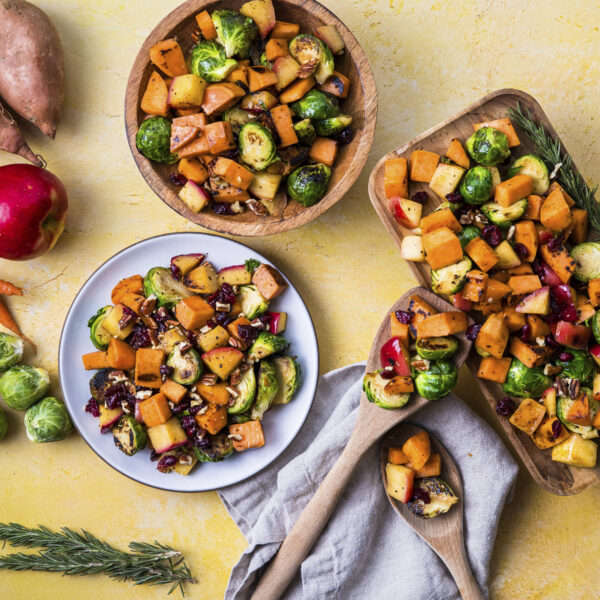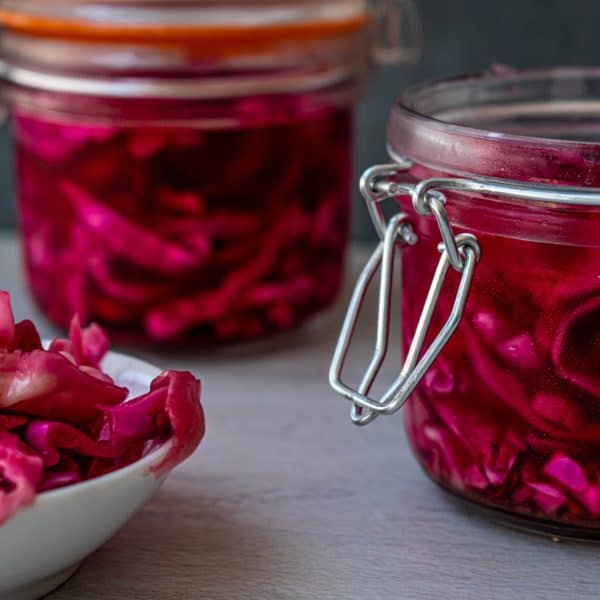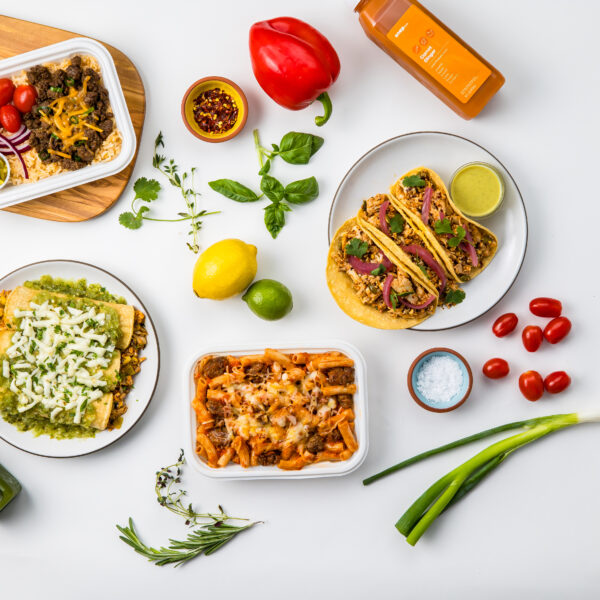Do you sometimes find yourself overwhelmed at the grocery store, wondering which meat, egg or veggie option is the best choice? Or maybe even which packaged product is the better option? You’re definitely not alone! Marketers are growing more savvy, which not only makes it hard to understand the quality differences between products, but also whether those fancy buzzwords they use actually matter. Today, let’s talk eggs.
When browsing store shelves, you might find egg options that boast all natural, cage-free, free-range, organic, pasture-raised and more. That’s a lot to sift through! It can be hard to know which of these terms is regulated and which is most important to look for. Don’t worry…we’ll break it down!
Caged:
These are the eggs you’re most likely to encounter at the average grocery store. There isn’t much about how the hen was raised on the packaging and that’s largely because there’s not much to boast about. Caged hens are confined to cages for their egg-laying careers, are raised entirely indoors, and consume a corn or soy-based diet. These hens are often treated with antibiotics, too.
You may be wondering why the animals’ living conditions matter. Aside from the issue of humane treatment and environmental sustainability, stressed animals will have higher levels of cortisol, which leads to an increase in the presence of omega-6 fats and chronic inflammation (just like in humans!). Since these hens are fed a diet low in nutrients, the eggs they produce will also be low in nutrients.
Vegetarian Fed:
The natural diet of chickens consists of bugs and insects, so vegetarian-fed actually isn’t a selling point!
Cage-Free:
This sounds better than caged, right? Sadly, in practice, it’s more a marketing buzzword than anything else, since cage-free is not a regulated term. While cage-free chickens are raised without small cages and so have more room than caged hens, they’re often crowded together on a barn floor. They’re also fed a corn or soy-based diet, which isn’t what hens would eat in nature.
Free-Range:
Unfortunately, this is another term that’s not extremely meaningful. For the USDA, the free range designation means the chicken must be allowed 5 minutes of outdoor access each day. The real benefit to chickens being outside is to forage for bugs and insects (their natural diet). Unfortunately, five minutes of time outdoors per day doesn’t allow that. These hens get about 2 square feet per hen and many eat a corn or soy-based diet.
What about organic?
The organic certification is well-regulated, so opting for organic eggs is worthwhile compared to some of the other terms we’re talking about today. While organic doesn’t equate to pasture-raised, it means the animals were fed only organic feed, were only given antibiotics in the event of an infection, were given at least some access to the outdoors and were allowed to undergo natural molting (when they shed their feathers to make room for new ones).
Your best bet? Look for pasture-raised eggs.
These chickens were raised roaming outside on grass, eating bugs and insects, as nature intended. Pastured eggs are better for the animals who produce them, the earth, and for our health as well. When shopping for pasture-raised eggs, look for the Certified Humane seal and check to see if the label mentions the amount of space the chickens have. A minimum requirement for pasture-raised eggs is 108 square feet each.
Why pasture-raised?
Compared to commercially-raised eggs, pastured eggs contain:
-higher levels of omega-3 fats, which benefit heart & brain health (among other things!)
-lower levels of pro-inflammatory omega-6 fats
-36% more vitamin A for better eye, bone and immune health
-100% more vitamin E, an antioxidant key for immune health and skin & eye health
-260% more beta carotene, a precursor for vitamin A





Leave a Reply
1 Comment
I’m impressed by your writing. Are you a professional or just very kneedwlgoable?